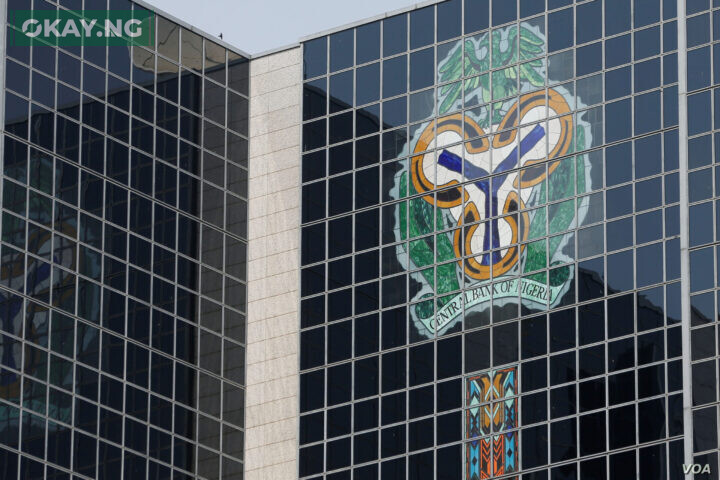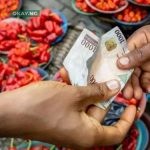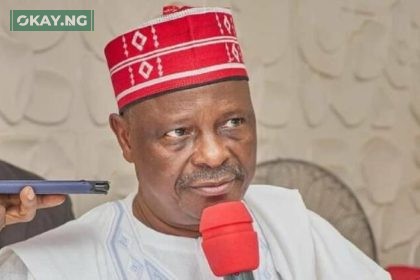Nigeria’s financial landscape has experienced a significant shift, with the nation recording a $6.83 billion balance of payments surplus in the first quarter of 2024. This remarkable turnaround, detailed in recent reports, signals the potential effectiveness of the government’s ongoing economic reforms.
For those of us keenly observing the Nigerian economy, this surplus represents a substantial improvement from previous quarters, indicating a positive trajectory. The balance of payments, a crucial metric reflecting a country’s transactions with the rest of the world, has shown a favorable swing, largely attributed to enhanced foreign exchange inflows.
This surplus reflects the impact of the Central Bank of Nigeria’s (CBN) policies aimed at stabilizing the foreign exchange market and promoting financial stability. This sentiment underscores the critical role of central bank interventions in shaping the nation’s economic health.
Specifically, the CBN’s efforts to streamline foreign exchange transactions and attract foreign investment appear to be yielding tangible results. Increased confidence among international investors, coupled with a more stable currency environment, has likely contributed to the surge in inflows.
However, it’s important to acknowledge that achieving and maintaining such a surplus requires sustained effort. Economic indicators can fluctuate. Therefore, it is essential to analyze the components of this surplus. Is it driven by increased exports, foreign investment, or a combination of factors?
Read Also: Nigeria’s Economy Shows Mixed Signals: Growth Amidst Challenges
One key aspect to consider is the trade balance. A positive trade balance, where exports exceed imports, typically contributes to a balance of payments surplus. Examining the specific sectors driving export growth could provide valuable insights into the sustainability of this trend.
Moreover, the impact of these reforms on everyday Nigerians cannot be overstated. Financial stability translates to more predictable prices, greater business confidence, and potentially, increased job opportunities. The human element of this economic shift is crucial.
Looking ahead, maintaining this positive momentum will require continued vigilance and strategic policy implementation. The CBN, alongside other government agencies, must remain committed to fostering an environment conducive to sustainable economic growth.
In conclusion, Nigeria’s $6.83 billion balance of payments surplus is a significant milestone. While challenges remain, this development offers a glimmer of hope for a more stable and prosperous economic future.












